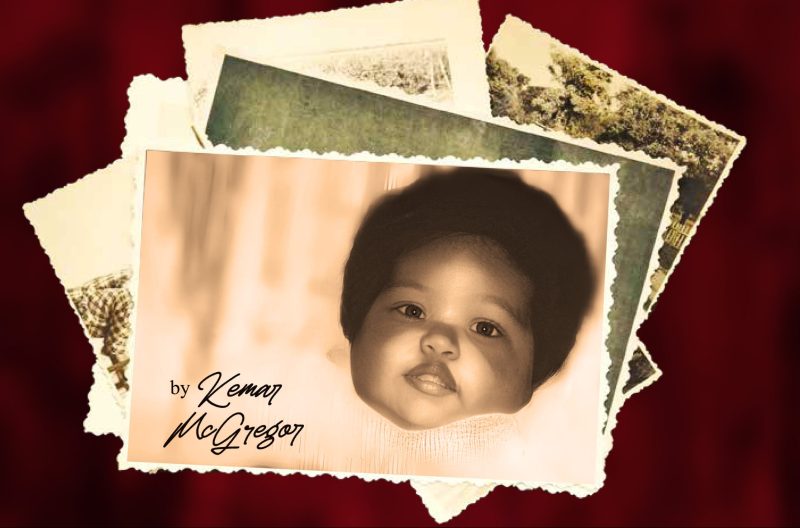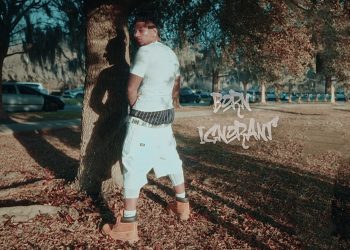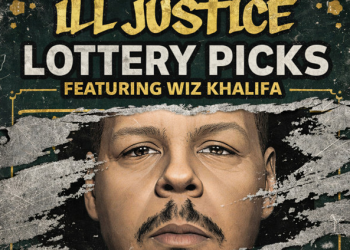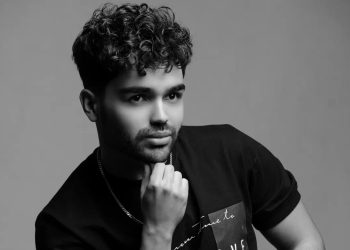
In a music landscape characterized by ever-changing trends, Kemar McGregor remains steadfast in his commitment to preserving the timeless essence of ’90s dancehall. His latest endeavor, ‘The Recoup Riddim’, signifies his mission to revive the golden era of Jamaican music. McGregor, drawing from his experiences collaborating with international recording artists and labels, identified a prevalent sentiment that contemporary Jamaican music lacks the authentic essence of dancehall and reggae. This observation inspired him to recreate the magic of the era pioneered by legendary producer Dave Kelly.
Reflecting on his creative process, McGregor fondly recalled the infectious vibe of ’90s dancehall mixtapes by luminaries like Collin Hinds. With The Recoup, he aimed to capture the raw energy and distinctive style that defined the genre’s heyday. Drawing inspiration from iconic producers such as Steely and Clevie, Sly and Robbie, and King Jammy, McGregor meticulously incorporated authentic dancehall elements like drum patterns, basslines, and effects. Striking a delicate balance between honoring tradition and embracing modernity, McGregor emphasized the importance of preserving the integrity of ’90s dancehall while infusing subtle contemporary touches.
With The Recoup set to resonate worldwide, McGregor seeks to reignite a fervent appreciation for authentic dancehall music. His collaboration with world-renowned artists, including Buju Banton, Etana, Elephant Man, Beenie Man, Tifa, and I-Octane, exemplifies the universal appeal of ’90s-inspired dancehall.
“I believe in maintaining the original dancehall sound as it is, as it is so perfect that it requires no modification. However, for those inclined to infuse a more modern feel into dancehall, it’s crucial not to stray too far from the authentic dancehall and reggae sound, thereby avoiding the creation of a different genre. If we, as producers who understand dancehall and reggae, involve the younger artists, that’s what will introduce the modern sound and vibe – but only if this new generation is willing to learn and desires to engage with reggae and dancehall,” McGregor remarked.





